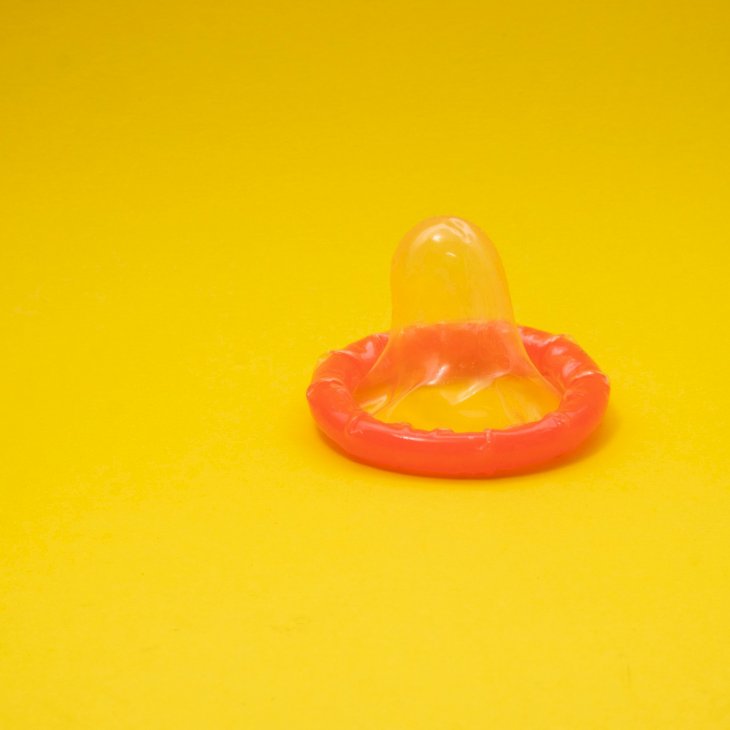
Exploring The Need & Delays In The Development Of Male Contraception
Scientists have been working on a hormonal birth control method for men since the 1970s. It’s 2020 now. What exactly is the hold-up?
As it stands, there are only three forms of male contraception while women have option after option, most with their side effects.
Firstly, this article is in no way to lambaste or point fingers at anyone, but given the time at which scientists began working on a male hormonal contraceptive and how we’ve supposedly “been on the brink” of a breakthrough for several years, the urgency appears questionable.
Contraception Right Now

Photo by Reproductive Health Supplies Coalition on Unsplash
Contraception methods for males are limited at the moment, with only three available. It's still largely associated with people with uteruses.
For males, the contraceptive options are either a mostly permanent vasectomy, a questionable reliable withdrawal or pull-out method, and condoms that many want to negotiate their way out of.
Contraception For Women

On the other hand, women have a range to choose from, including oral contraceptives, IUDs, implants, injections, patches, and, and, and.
Though most are reliable, like most forms of medication, they carry various side effects. With the common method of oral contraception or birth control, some people report headaches, tender breasts, acne, changes in sex drive and there is an increased risk of blood clotting.
Fertility

Photo by Dainis Graveris on Unsplash
Women essentially bear the brunt of preventing unwanted pregnancy. This idea implies that pregnancy is a women’s problem, and in actual fact, it takes two to tango.
Compared to the limited number of women’s eggs and “fertile” days each month, men remain fertile for nearly all of their lives, while women’s fertility ends with menopause. Moreover, women can potentially only give birth every nine months regardless of how many people they sleep with, while men can impregnate multiple people a day. The focus of contraception for women seems almost upside down when you look at it this way.
Why Are We Still Waiting?

And while getting pregnant needs two people, being pregnant doesn’t - biologically speaking. In that case, women do have “more to lose,” so to speak. One of the primary reasons given to the question is that the side effects for males are significant.
“Unfortunately, there’s a basic physiological difference, and that is that it’s easy to fool the ovaries with a very low dose of hormones to make the ovaries think a woman is pregnant, and so the ovaries will stop ovulation. However, there’s no similar situation for male sperm production; there’s no normal state where sperm production stops.”
As David Sokal, M.D., chair and director of the Male Contraception Initiative, told Vice.
The Challenges Of A Male Contraception

The argument is that male contraception is more of a challenge as hormones which prevent sperm production require high doses that cause side effects.
However, experts are supposedly hopeful about drugs being developed to target sperm’s ability to swim, but the effects still have to be reversible.
Equality Of Contracepting

Photo by Markus Winkler on Unsplash
Gender bias and inequality play a possible role in the snail-paced development of a male contraceptive. However, according to Professor Richard Anderson of the University of Edinburgh, many men are open to the idea of a male pill if available.
"I think that industry has not been convinced about the potential market. It's certainly been a long story - part of it is lack of investment."
Says Prof Richard Anderson to BBC.
But there a lot of changes we need to make mentally around contraception. The implication here is that the burden—financial, physical, and emotional—of contraception falls to the person with the uterus. It can’t continue to be a women’s responsibility primarily, and male contraceptives like vasectomies are praiseworthy.